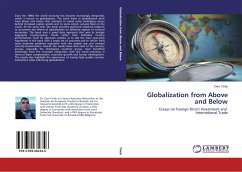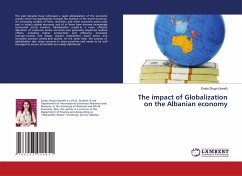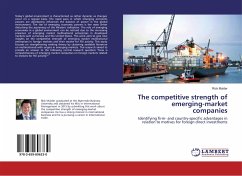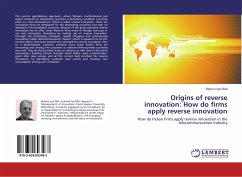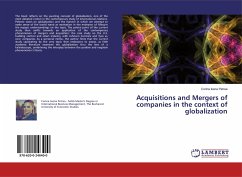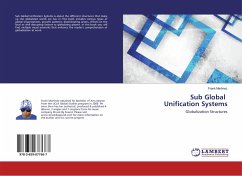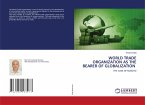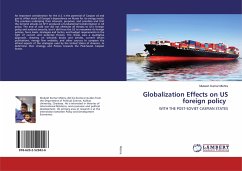Since the 1980s the world economy has become increasingly integrated, which is known as globalization. The book looks at globalization both from above and below that attempts to reveal some underlying causes behind increased capital, goods and, to some extent, services flows in the world. At the same time, the book provides profound empirical evidence to document the effects of globalization on different aspects of national economies. The book uses a panel data approach that aims to analyze aggregate country-group trends rather than individual country performances. Such an approach enables us to test the main operating hypotheses in the book with a larger set of countries and to refrain from some potential problems associated with the sample size and omitted country-characteristics. Overall, the results show that most of the country-groups, especially the developing countries group, have benefited extensively from the increased integration with the world economy in terms of laborcompensation, economic growth and human development. The results also highlight the importance of having high quality country-institutions while embracing globalization.
Bitte wählen Sie Ihr Anliegen aus.
Rechnungen
Retourenschein anfordern
Bestellstatus
Storno

